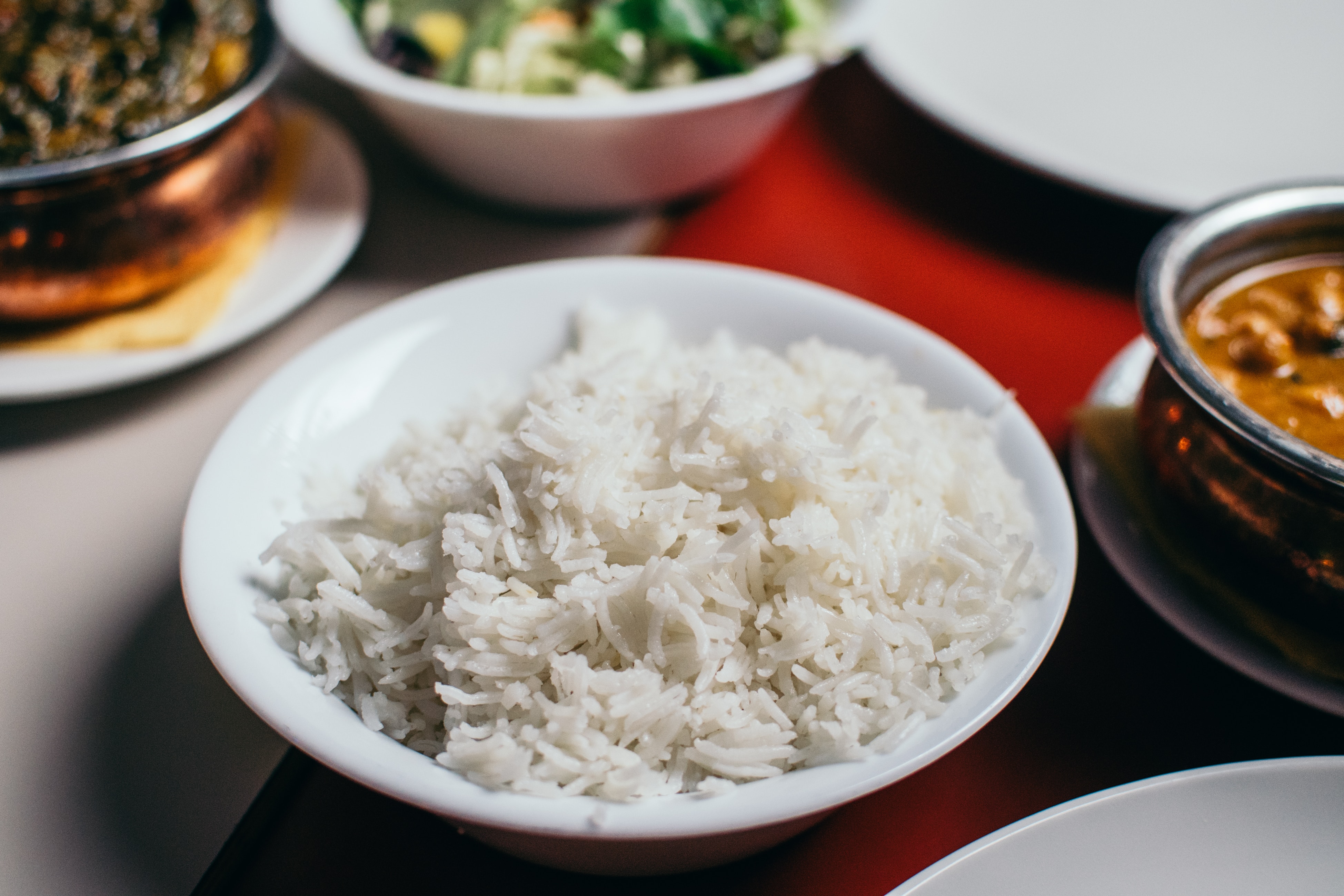Move over, wheat. Get out, quinoa. This mighty age-old grain has been grown for food since 14,000 BC. Evidence points to the first rice plant sprouting in China’s Pearl River Valley.
Archaeologists have also dug up rice cultivating tools (think ancient bamboo hoes and sickles) dating back at least 8,000 years. Fast forward to 2019, farmers now flip open their iPads to check on their padi, real-time.
As the birthplace of the now prevalent Oryza sativa, Asia has always been the hotbed for innovation for rice. And in today’s age of tech, we don’t expect anything short of amazing.
“Did you see my post on rice? Go like it.”
In Myanmar, Impact Terra’s aptly named free digital platform Golden Paddy supports millions of farmers & retailers, using a mix of strategies, including a mobile app, web-app, and Facebook page. The agtech and fintech for-profit social enterprise raised some $3 million last March to digitize smallholder farming.
Known as “Shwe Thee Nhan” to the Burmese, the app gives farmers crop and weather information, advice, access to market services and financing. It comes as no surprise that rice is the most important crop for farmers on the app, as padi fields sprawl across more than half of Myanmar’s arable land.
Its Facebook community has a monthly reach of two million farmers, who log on regularly to receive practical farmer advice (and consume farm-related social media).
Check out our previous coverage on its $3 million funding, and how it’s keeping its Golden Paddy app ‘sticky’.
Auctioning Rice in Real-time
Thailand’s Trade Connex Limited provides farmers an online SPOT market system for farmers to sell their crops online in real-time. Users can choose from functions like live auction, negotiation, and auto-matching trading modes.
Starting off with products such as rice and rubber sheets, the startup has expanded its repertoire to include brown rice, broken rice, rice berry and cup lump.
The startup is working with the Thai National Bank for settlement services.
Taking the Guilt out of your Fried Rice
Based in Singapore, Alchemy Foodtech aims to fight diabetes by creating lower glycemic index (GI) food staples, such as rice and bread.
“For us, we definitely recognize Asians and rice have a very close relationship – it’s something we’ll never give up. As a company, our philosophy is to use food tech to help people eat what they love without fear; that we use tech give them a peace of mind, that they can get protection from diseases like diabetes,” its CEO, Alan Phua, explains to AFN.
The quote on their landing page – LET FOOD BE THY MEDICINE – from Hippocrates says it all.
Alchemy Foodtech secured pre-series A funding of S$2.5 million in late 2018, co-led by Enterprise Singapore’s investment arm, SEEDS Capital.
Keeping Seeds Safe, without Harming the Environment
Bethesda Scientific’s claim-to-fame is its tech that facilitates a controlled release of an active agent, like pesticides, over a prolonged period of time, while limiting the chemical’s negative impact on the ecosystem.
The Taiwan-based company has tested its tech on rice seedlings, and it says it has shown to “effectively repel and deactivate apple snails,” a pest that usually jeopardizes rice crops.
“Through R&D and finding the finest raw material from nature, we are developing safe and environmentally biological fertilizer and pesticide,” says the company’s website.
Grow Rice, even on Concrete
Over in rice-crazy Japan, R&D firm Mebiol has uncovered tech that makes it possible to grow plants on film using only liquid fertilizer and small amounts of water.
“The new agro-technology incorporated with the membrane has enabled to grow safe and high-quality vegetables even on the places like desert, concrete and seriously contaminated land where the current farming is impossible,” says Mebiol.
Founder Yuichi Mori said the Fukushima nuclear disaster and tsunami in 2011 spurred him on to develop the tech, as the incident left soil contaminated by radiation.
AFN hasn’t tried the vegetables grown by the tech yet, but analysts say that they taste sweeter, despite them growing without soil.
Know any interesting up-and-coming rice-related startups? Drop me an email at [email protected]





